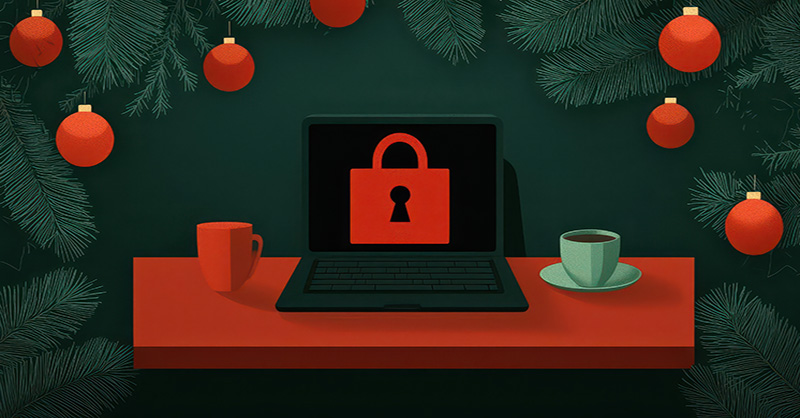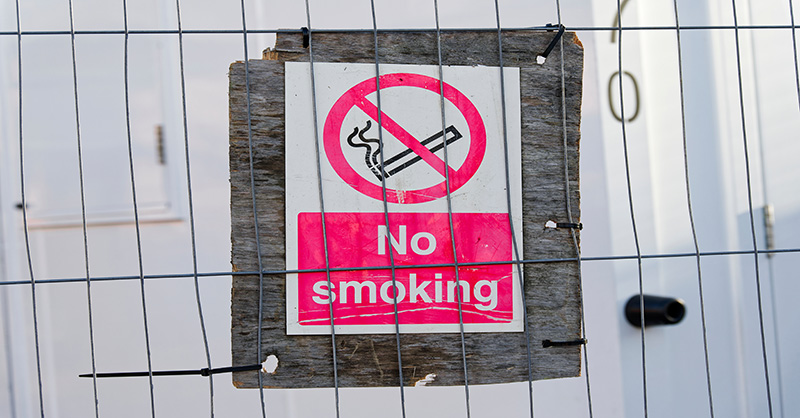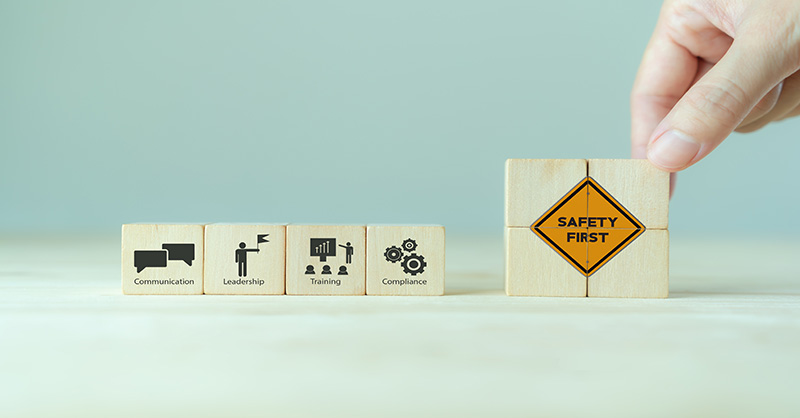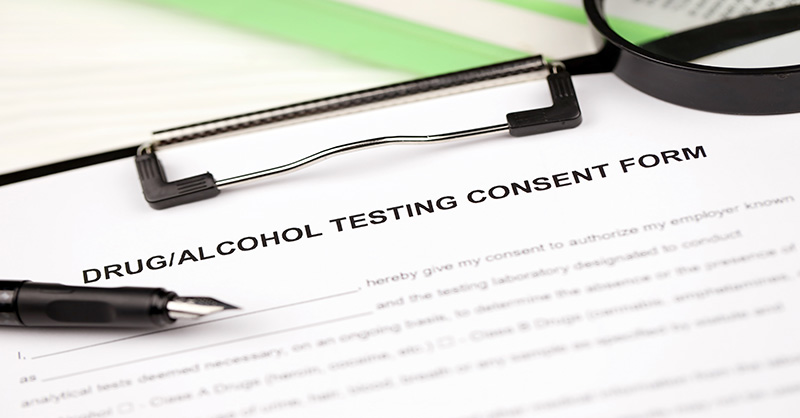Protect Youth Sports Participants
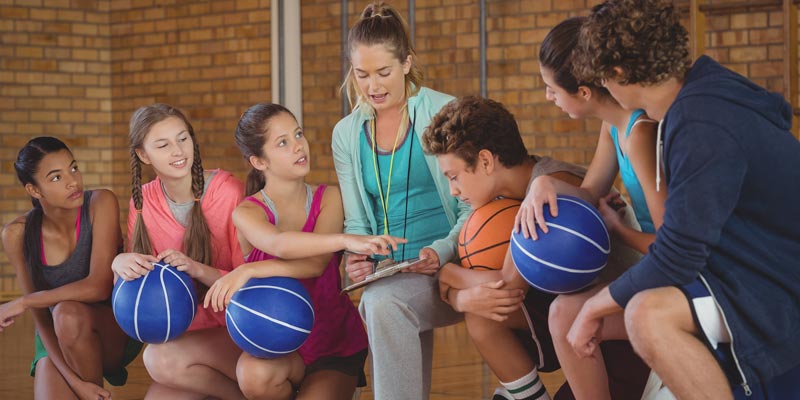
The Safe Sport Authorization Act
Coaches, volunteers, staff and officials can help prevent child sexual abuse in their sports organizations. Adhering to written policies and procedures can help create a positive and safe environment.
Whether or not your youth sports team is legally obligated to follow the Safe Sport Authorization Act, you may consider applying its requirements to protect those in your program. This article briefly outlines the act’s specifications, the types of organizations required to follow its mandates, and resources for obtaining additional information and training.
What is the Safe Sport Authorization Act?
The act created a federal law that extends the duty to report suspected child abuse, including sexual abuse, to certain adults authorized to interact with minor or amateur athletes at a facility under the jurisdiction of a national governing body. A national governing body (NGB) is an amateur sports organization recognized by the International Olympic Committee. The following organizations are also required to follow the Safe Sport Authorization Act:
- The Paralympic Sports Organization (PSO) and amateur sports organizations recognized by it;
- An amateur sports organization sanctioned by an NGB; or
- An amateur sports organization not sanctioned by an NGB that participates in interstate or international amateur athletic competition and whose membership includes any adult in regular contact with an amateur athlete who is a minor. These non-NGB sports organizations can include teams, leagues, camps, sports facilities, tournament hosts, churches and schools.
Caution – Don’t assume the act does not impact or apply to you or your organization if you’re not one of the organizations listed above. While the reach of the federal act is limited to organizations engaged in interstate or international activities, even those that don’t travel across state lines are indirectly impacted by the act because it sets a new “standard of care” that will likely apply to all organizations. Many states may also move to pass state-specific legislation that directly applies to sports organizations that don’t cross state lines.
My state’s mandatory reporting laws already require that I must report suspected abuse. How is this different?
Many states currently include athletic coaches in their categories of “mandated reporters.” The Safe Sport Authorization Act goes beyond typical state requirements to include:
- Coaches
- Parent volunteers
- Team officials
- Athletic trainers
You can find state-specific requirements for mandated reporters and instructions on how to report on the Child Welfare Information Gateway site.
What does the act mandate?
Required and consistent prevention training
The sports organization must offer and provide consistent training to all adult members who are in regular contact with minor-age amateur athletes. Training should address both preventing and reporting suspected abuse. The training should also highlight ways to proactively recognize behaviors of a suspected abuser.
Training topics should include:
- Sexual misconduct and abuse, including information on how offenders “groom” their victims
- Bullying
- Harassment
- Hazing
- Physical abuse
- Emotional abuse
- How to report suspected abuse
- How to respond if a child discloses abuse
Learn more about training information from the U.S. Center for SafeSport website.
Establishment of policies and procedures
In addition to training, youth sport organizations should establish policies and procedures for preventing and reporting abuse. Subject matter experts should have ownership of the oversight practices that include random and regular audits to ensure your organization is correctly following your policies and procedures.
Mandatory reporting requirement
The act includes a mandatory reporting requirement that applies to each “covered individual.” The definition of “covered individual” is interpreted broadly as any adult authorized to interact with minor or amateur athletes. The act requires all adults working with an NGB or PSO organization to immediately report suspicions of abuse to:
- The U.S. Center for SafeSport. You can report directly on their website; and
- The appropriate law enforcement agencies, as determined by state and federal law.
For amateur sports organization not sanctioned by an NGB, participating adults are included in the list of “covered individuals” required to report suspicions of abuse to the appropriate law enforcement agencies, as determined by state and federal law. As of December 2018, it appears that non-sanctioned organizations aren’t required to report suspicions of abuse to the U.S. Center for SafeSport.
Organizational Policies
The act outlines organizational policies that help mitigate situations of abuse. Some of these policies include:
Criminal record background screening – Another good practice to follow, though not currently included in the act, is to conduct criminal record screenings on staff and volunteers that work with youth. Many insurance carriers require these screenings. These screenings should include state and federal criminal record checks, and a check of sex offender registries. The U.S. Department of Justice National Sex Offender Public Website is a good resource to check for sex offenders.
Limit one-on-one interactions – Establish reasonable procedures to limit one-on-one interactions between an amateur athlete who is a minor and an adult.
Sets standards for behavior – While some behavior may not be considered criminal, your youth-serving organization shouldn’t allow it. Your organization should maintain a written code of conduct accompanied by training specifies to explain not only what behavior is unacceptable but also how other individuals should respond if they witness key behavior.
Prohibit retaliation – Establish procedures to prohibit retaliation against any individual who makes a report.
Regardless of whether or not you are a mandatory reporter, it is the responsibility of everyone working with children to report suspected abuse to the proper authorities.


